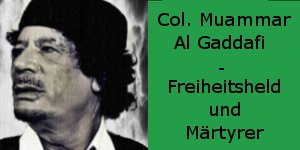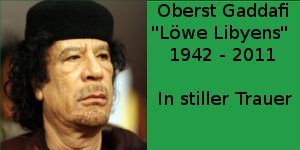From that, one can conclude that the Russia-Iran-Syria axis has survived and may even achieve security and political gains. The question is now, why did this happen? The reasons may soon be seen in Lebanon's electoral law. In Moscow, Tehran, Syria and Lebanon, many believe that what's happened in Syria represents a global cold war. In Damascus, one of the two sides will come out victorious — unless there is a major political settlement.
Those who visited Assad recently were surprised by how unworried he seemed. From his palace — which, contrary to rumor, he has never left — the president discussed the current situation as if the balance of power has turned. He said that his government will continue to solidify its presence even as the war drags on. He said that the battle is no longer between the government and the opposition, but rather between the state and “terrorists,” and that the fighting will continue until the latter is eliminated.
Assad is not worried about the spread of the armed opposition in Syria. His analysis shows that his army can win many future battles. Syria’s geography has allowed the opposition media to portray the regime’s security structure as if it has nearly collapsed.
Syrian demography does not allow the army to remain in the areas where it won a battle. Instead, the army kills a lot of gunmen, and then pulls back. Other gunmen move in to take their place. But Assad is confident that “the friendly environment [for the rebels] is about to radically change.” Many citizens have helped the army locate militant hideouts, and hundreds of gunmen have recently been killed with citizens’ help.
Those who visit Damascus will hear a lot of opinions on all of those issues, but for the time being the regime's most important objective remains its military option. The regime’s priority is to eradicate jihadists and al-Qaeda. Nobody hears much about the “moderate” opposition anymore. In the opinion of the Syrian leadership,
the moderate opposition has lost a lot of support inside Syria. “They left open the stage to fighters who know nothing about reform, freedom or democracy. And they did not take the proper stances at the proper time,” say many in the Syrian government.
Even more significant, the prospects of the ground battle are changing. There are new factors and military strategies. The army has learned from its mistakes. The army has gained more control over security breaches caused by corruption. Popular committees, which have been intensively training for two months, have been formed. An information and eavesdropping network has been installed (with great help from the Russians, which has surpassed all Western aid to the armed opposition). Self-protection measures in minority areas have been taken. It is said that the popular committees’ accomplishments have exceeded the army’s expectations.
All the above was accompanied by economic measures by Russia, Iran, Iraq and other countries. It is rumored that a reconstruction deal including the oil industry has been struck with the Russians. That did not end the economic crisis, but the situation would have been much worse if these measures were not taken. The economy is a major concern, but Assad seems confident of the next steps. In the areas where things have settled, such as Homs, the citizens’ conditions have improved. There is hope that things will settle in Aleppo and that the city will avoid new battles. The situation of the refugees and displaced persons have made some people re-establish contacts with the regime.








 Mit Zitat antworten
Mit Zitat antworten






